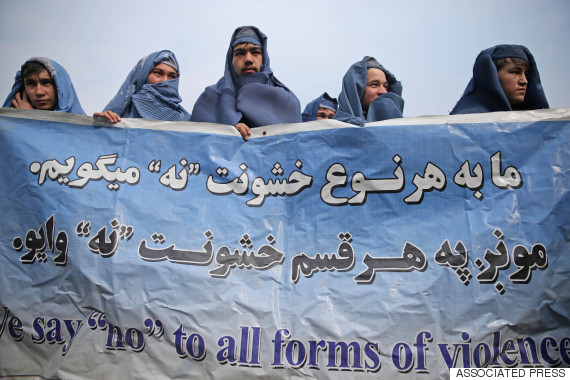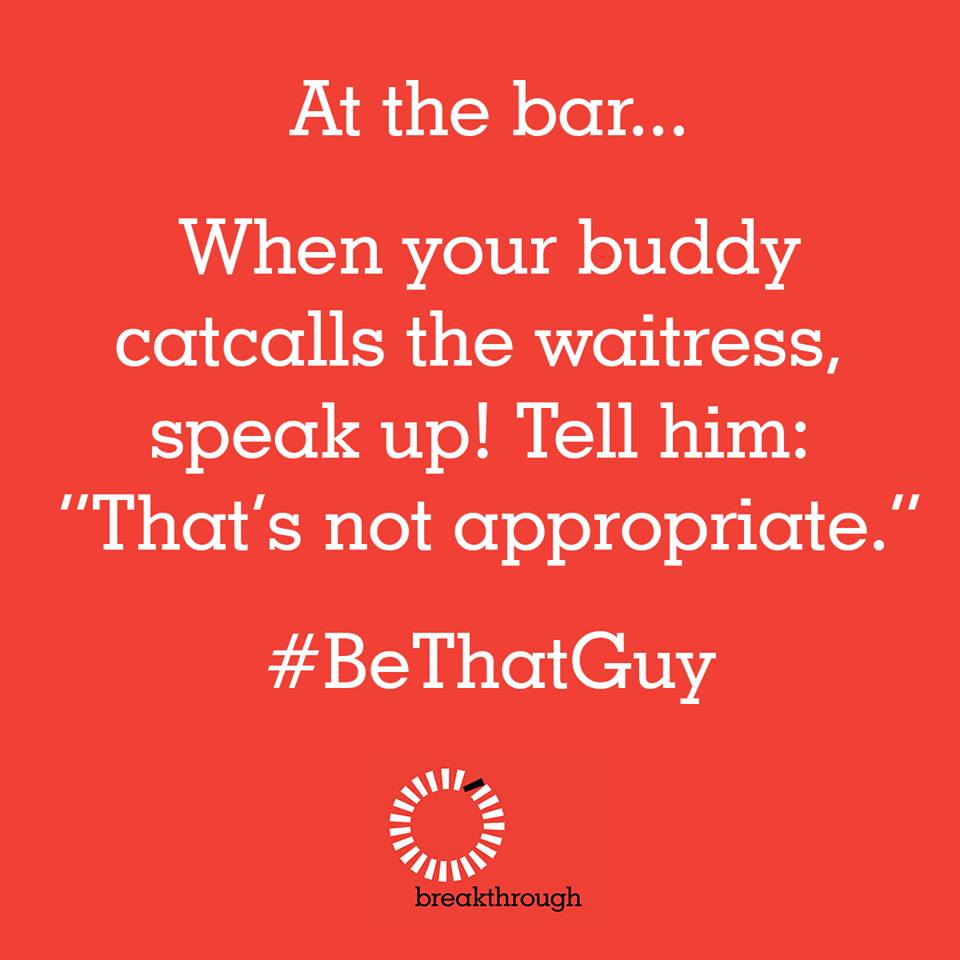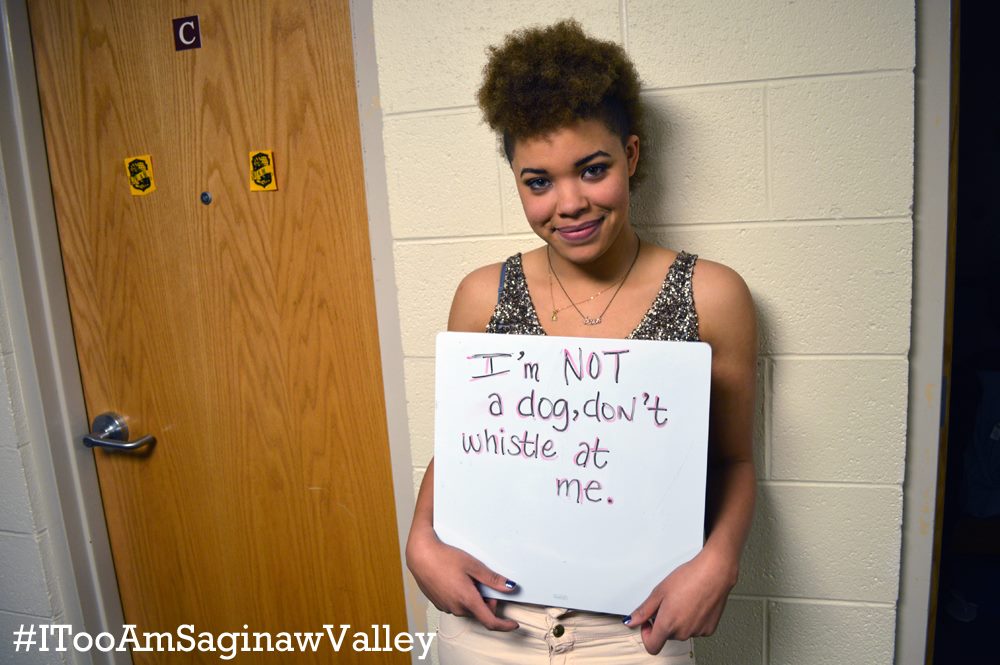We need this kind of programming in every country, every school!
“The schoolboy watched as a man tried to remove the nappy of a little girl he was dragging along a Nairobi riverbank, suspecting that he was going to rape her. Having been trained to defend girls against sexual assault, the boy called other young men to help him confront the man and rescue the child.
“It would have been fatal,” said Collins Omondi, who taught the boy as part of a program to stamp out violence against women and girls in Nairobi slums. “If this man would have assaulted this kid, he would have thrown her inside the river.”
Omondi teaches a program called ‘Your Moment of Truth’, run by the charity Ujamaa Africa which encourages adolescent boys to stand up against violence toward women.
The training is “highly effective” in improving attitudes toward women and increasing the likelihood of successful intervention, researchers from Stanford University, University of Nairobi and United States International University-Africa said. The training increased boys’ successful interventions when witnessing physical or sexual assault by 185 percent, from 26 to 74 percent, according to their study to be published later this year in the Journal of Interpersonal Violence.Interventions in verbal harassment also increased, and rape by boyfriends and friends of girls in schools where ‘Your Moment of Truth’ was taught dropped by 20 percent, from 61 to 49 percent, the researchers said.”
H/t Soraya Chemaly



